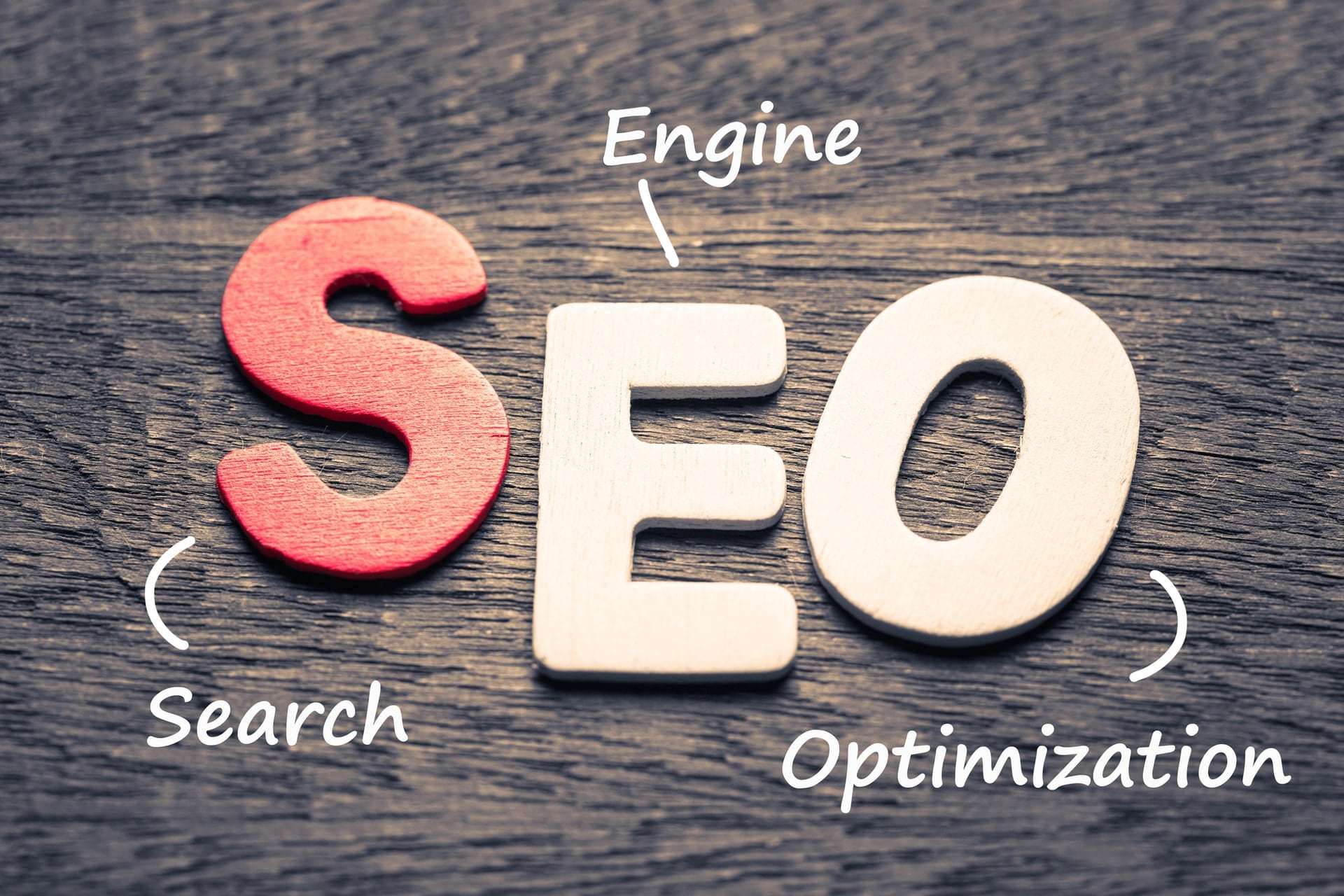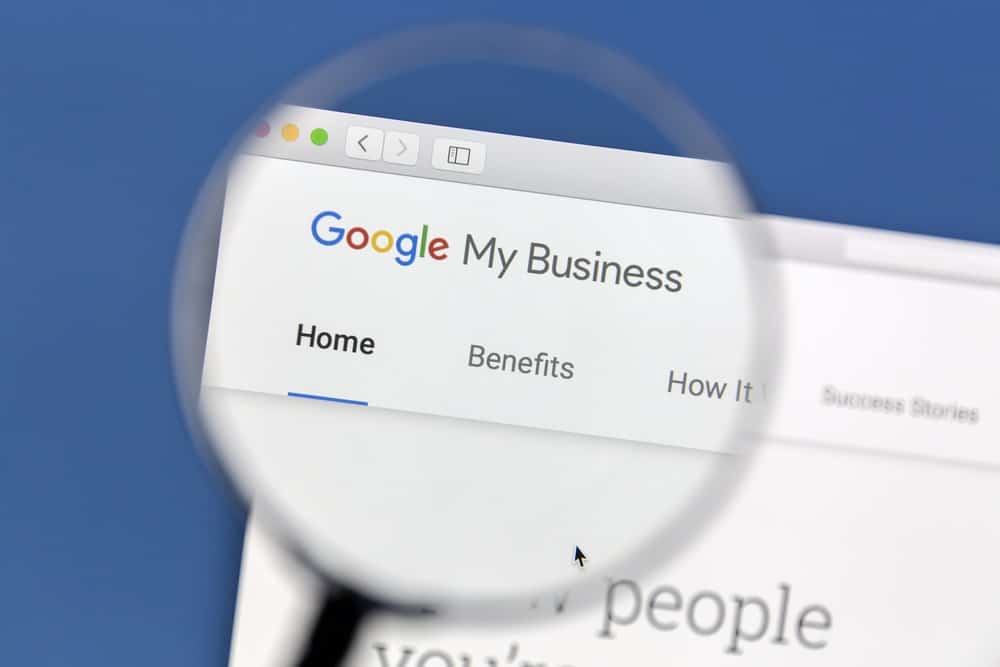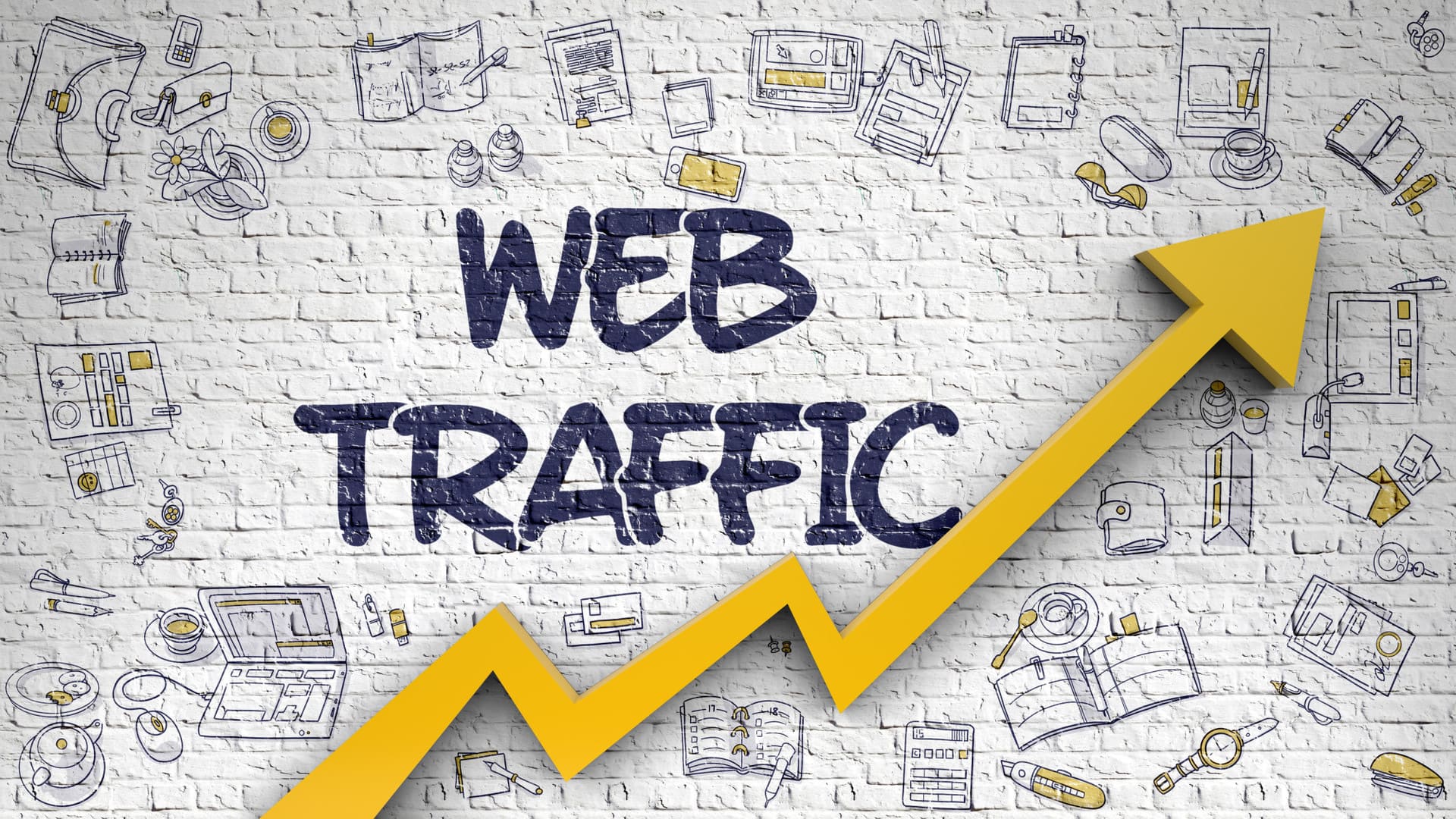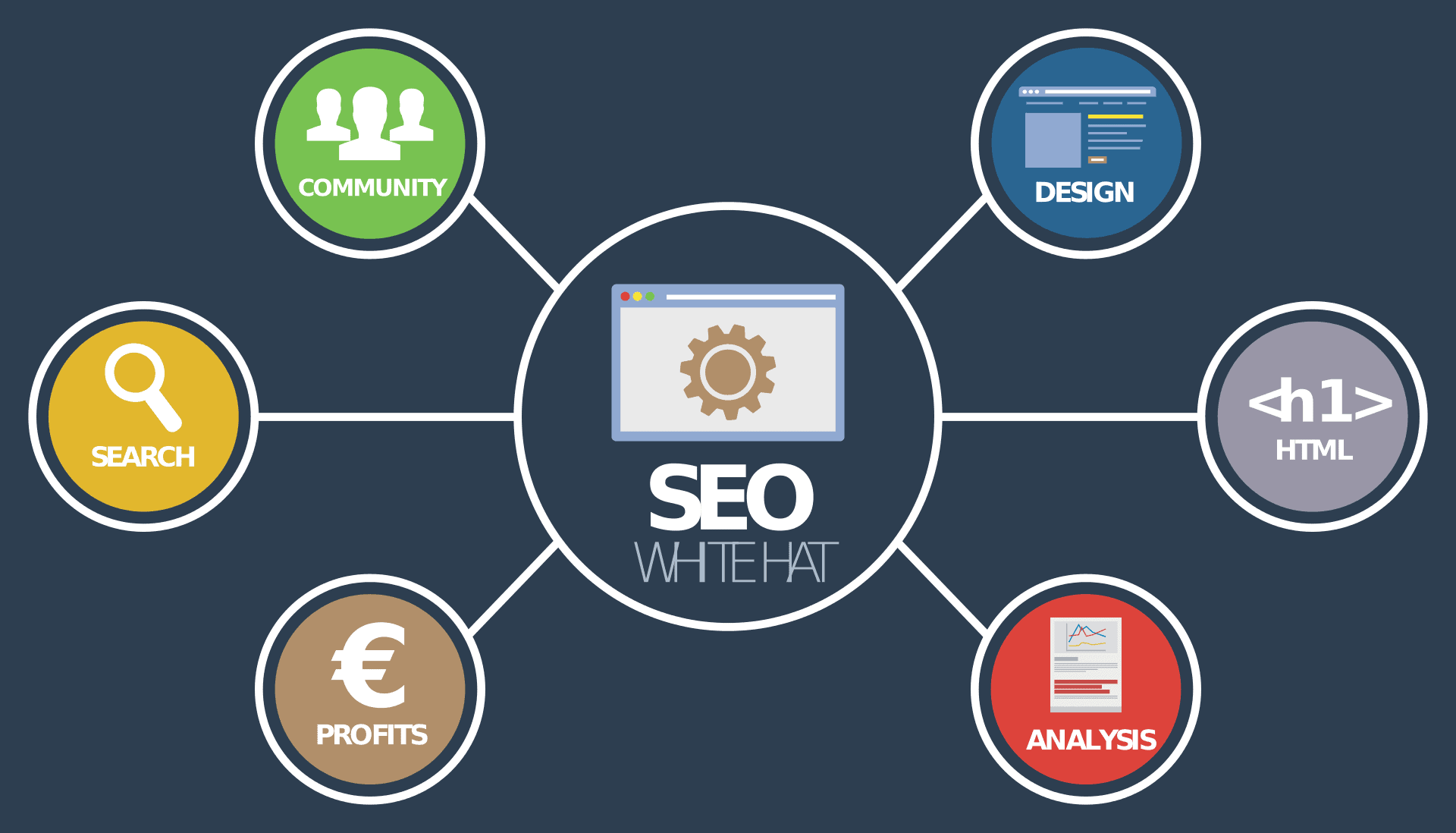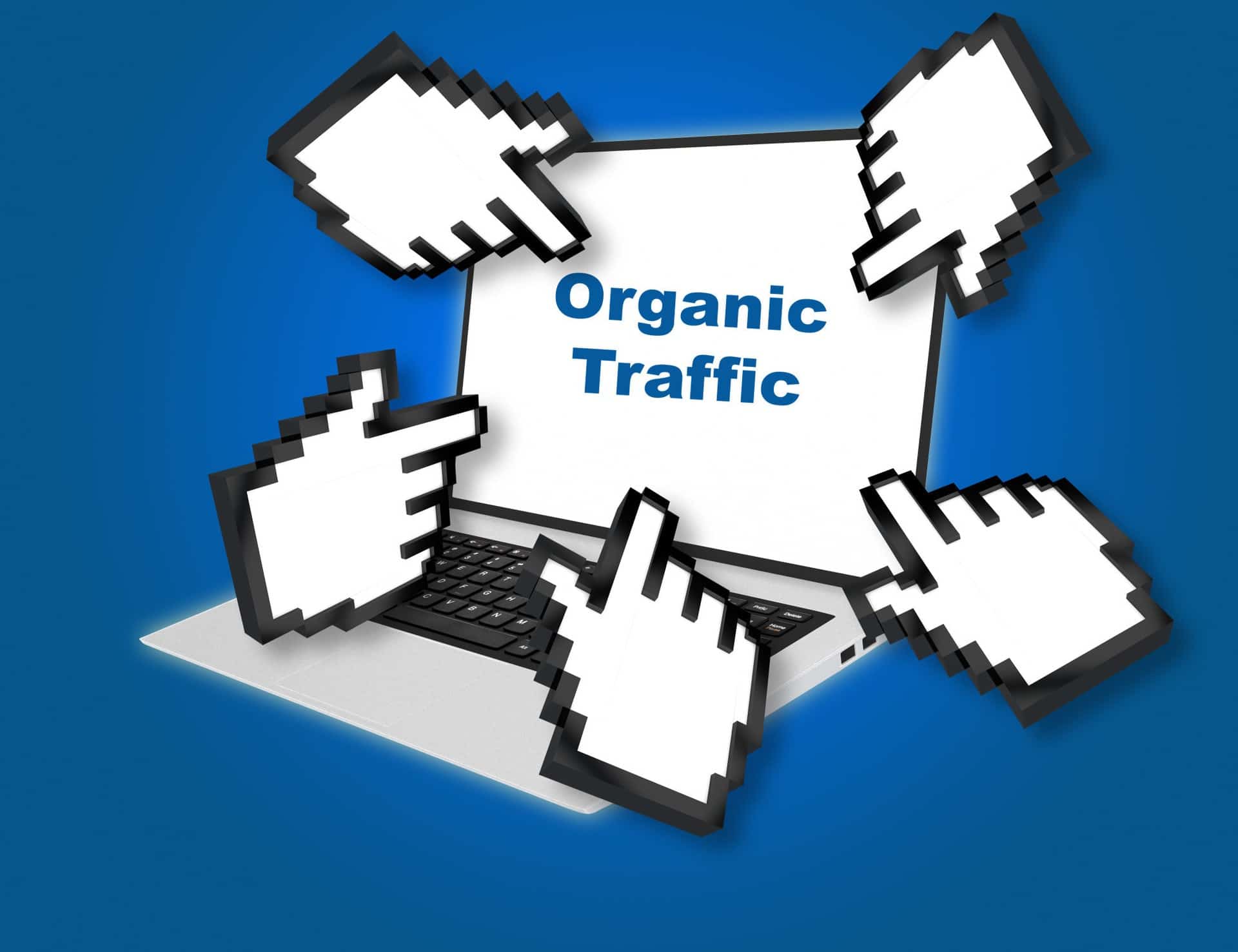Did you know that there are around 91,000 Google searches per second? Around 51% of all website traffic comes from search engines. If you aren’t optimizing your website for search engines, you are missing out on some serious website traffic. Whether you have been in business for a while or are a new business owner, understanding search engine optimization (SEO) is an essential part of growing your online business. What is on-page SEO, and why is it important?
Keep reading to learn all about website SEO.
What Is On-Page SEO?
Search engine optimization, or SEO, is the process of optimizing your website to rank in search results. While off-page SEO focuses on external ranking factors, on-page SEO considers optimizing the pages on your website.
On-page SEO consists of the content on your website, your website coding, your page speed, and how user-friendly your website is. It includes your title tags, writing, keywords, and website URLs.
Importance of On-Page SEO
Why is on-page so important? Search engine optimization is vital to drive traffic to your website and grow your business. Without it, you would have to rely on other methods of generating traffic.
One of the main benefits of on-page SEO is that it tells search engines what your website is about. For example, if you run a pizza restaurant, you don’t want your website to rank for the best frozen pizza dough. You want it to rank for pizza restaurants in your area.
On-page SEO is also essential for consumers. Without it, they wouldn’t be able to find the information they are searching for.
How to Improve On-Page SEO
Now that you know the importance of on-page SEO, how do you improve it? Improving your SEO can bring more high-quality traffic. Here are a few on-page SEO tips to consider:
Optimize for Keywords
One of the first steps to improving your on-page SEO is optimizing your website for keywords.
Choose keywords that you want your site to rank for, and then add them to your homepage, about page, and blog posts. Use a combination of short and long-tail keywords.
Optimize Your Titles
Another way to improve your on-page SEO is to optimize your titles. Your titles should be less than 70 characters long and include your keyword. You should make catchy titles that grab your reader’s attention.
Improve Your Website Design
Lastly, it is crucial to focus on the design of your website. If your website is not user-friendly, Google won’t show your website in search results. Make sure your website has clean menus, easy to read font, and a clear journey map.
Ready to Improve Your Website SEO?
On-page search engine optimization is vital for increasing traffic, growing your brand, and making sales. On-page SEO considers how optimized your website is for search engines. It includes your content, URL, coding, and web design.
Do you want to improve your web design and boost your SEO rankings? If so, check out our web design services to get started today.

